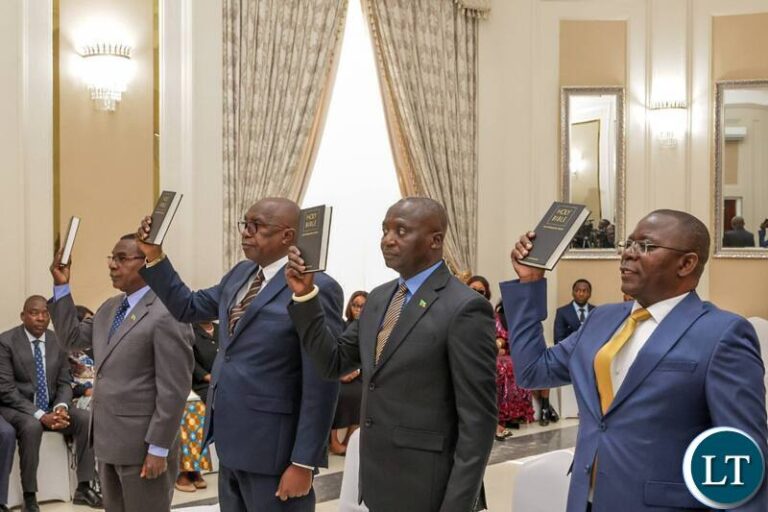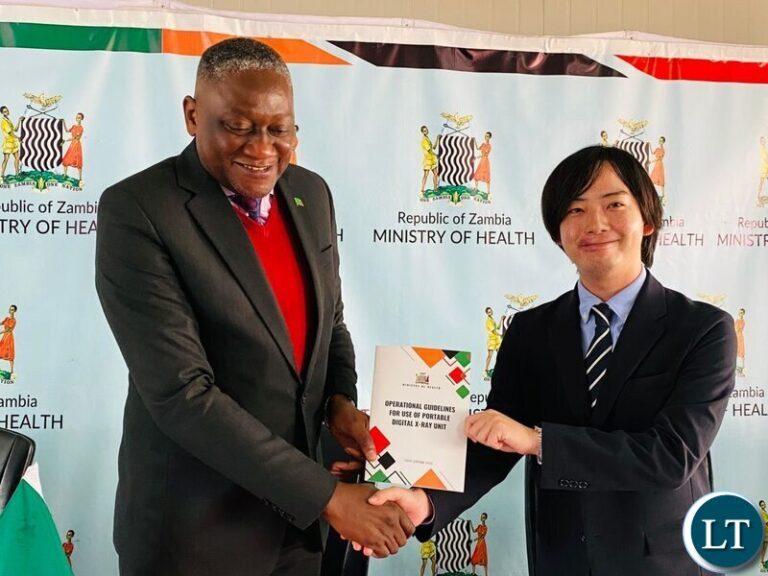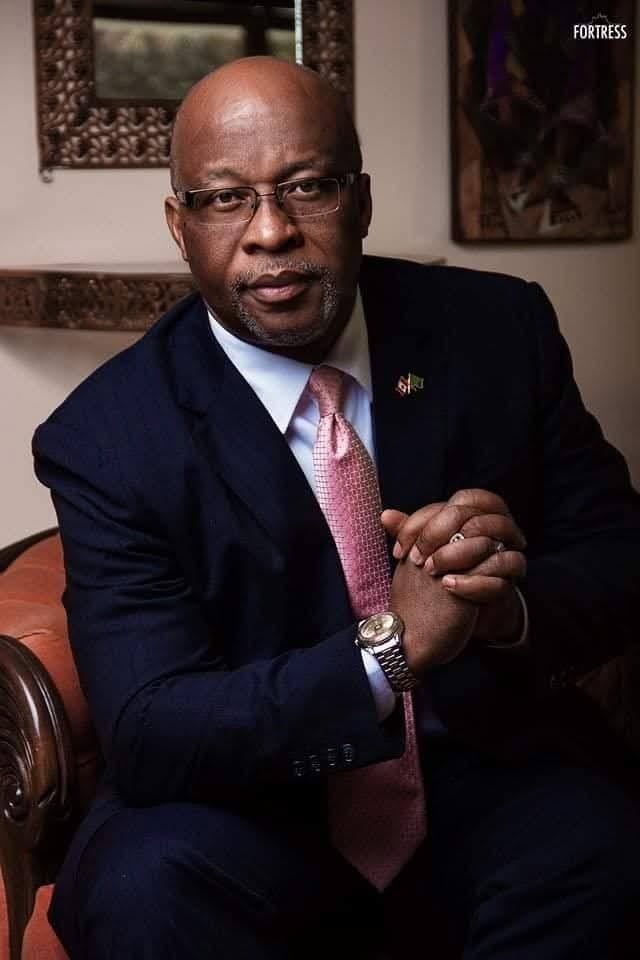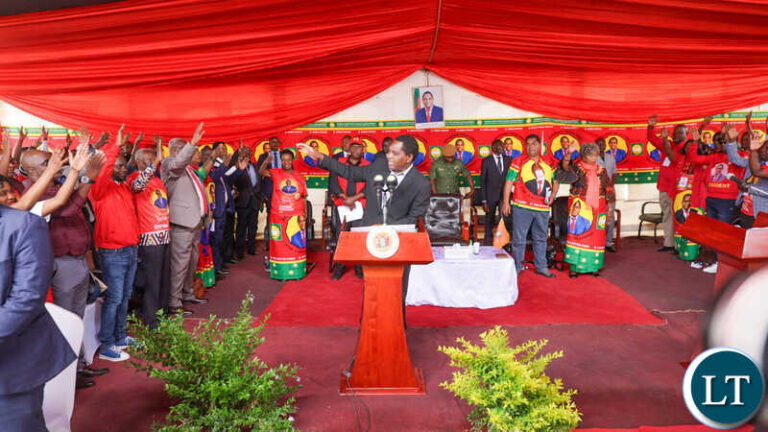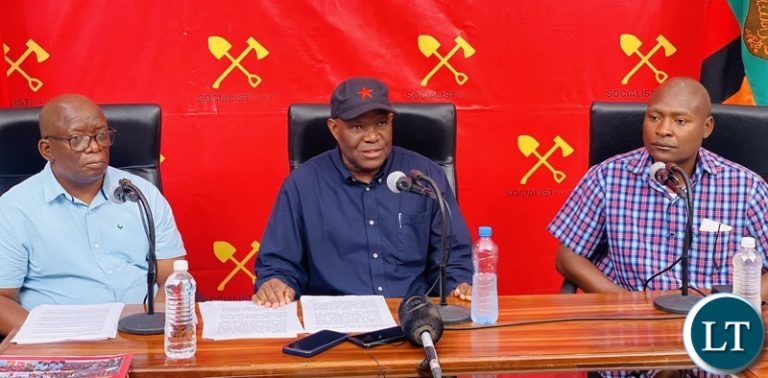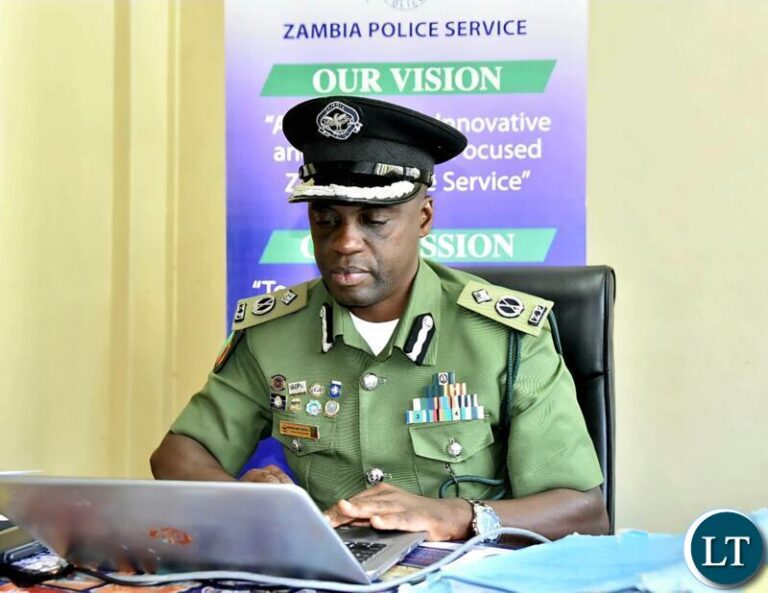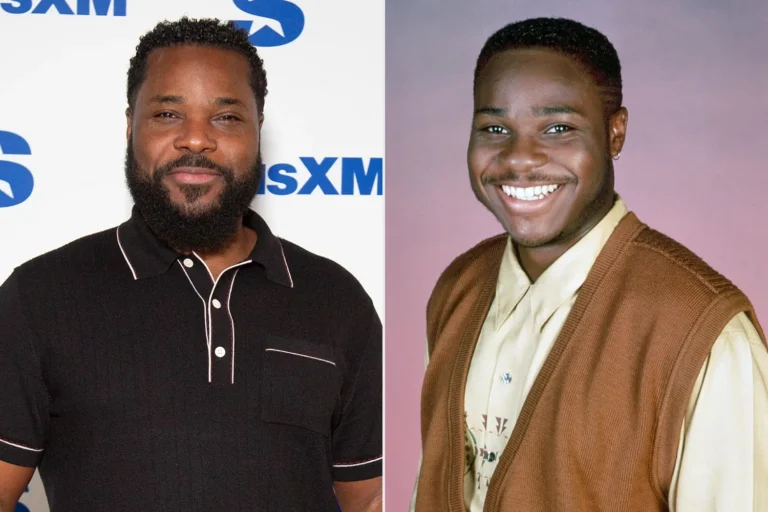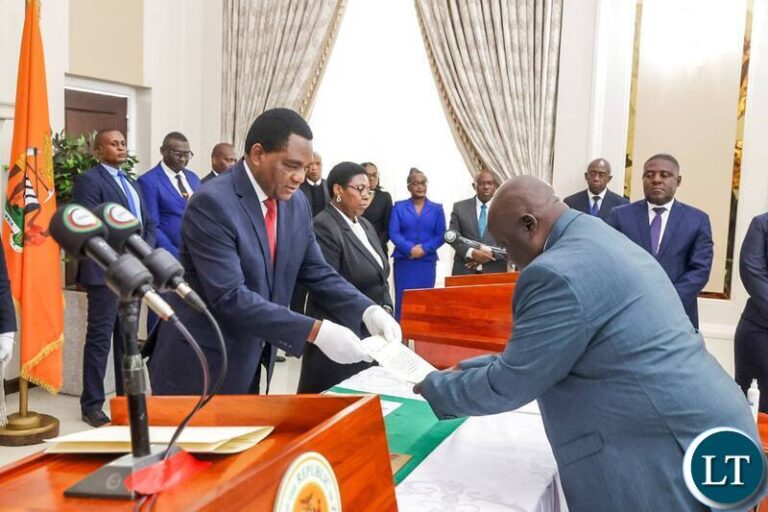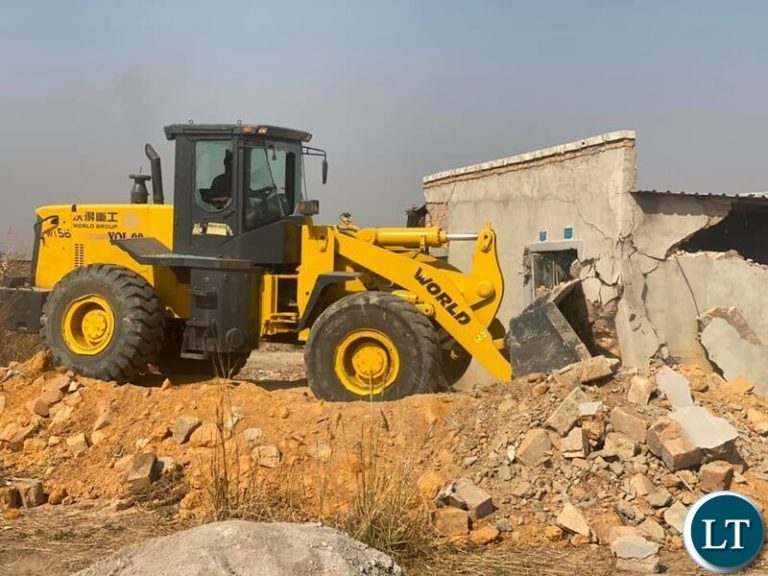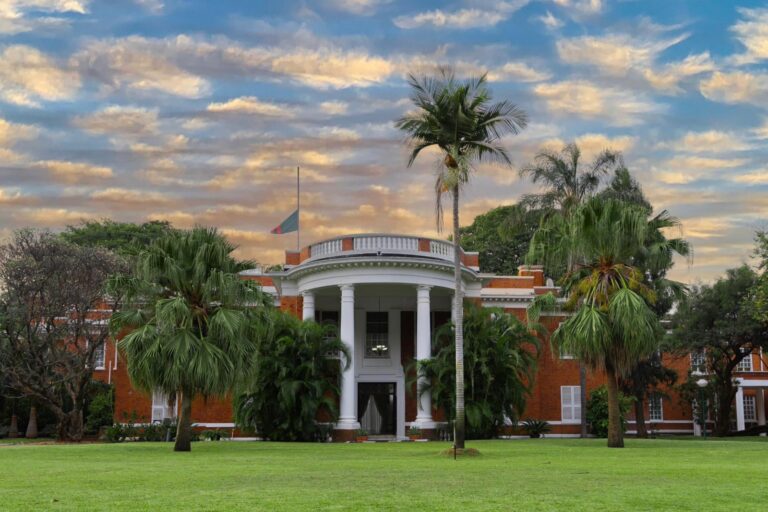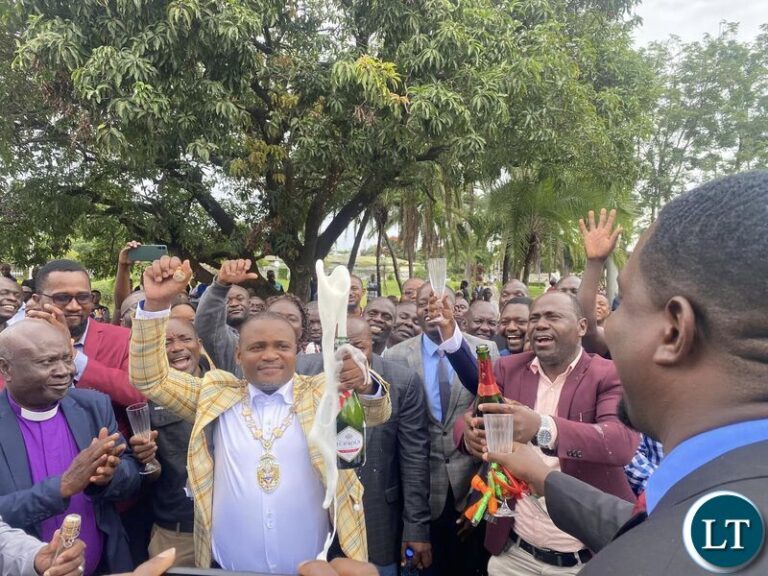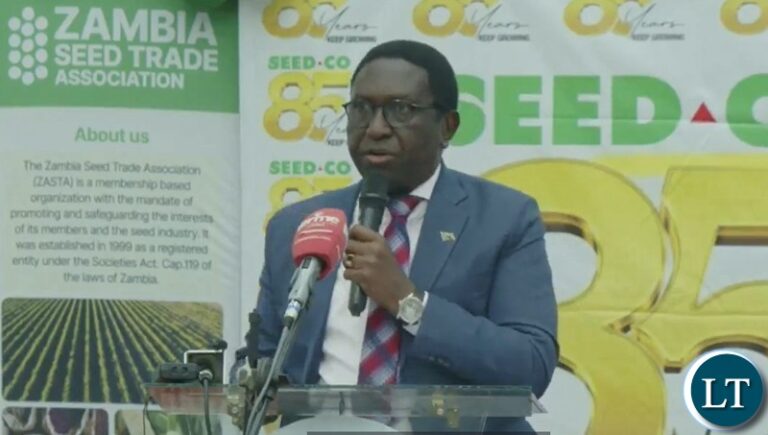By Adrian Gunduzani, The Observer
A few days ago, a recording surfaced online, allegedly featuring the PF (acting, confirmed or disputed – whichever applies) President, Robert Chabinga. The leaked audio, which touches on sensitive matters related to the burial of former President Edgar Lungu, quickly sparked outrage, speculation, and partisan debate.
But instead of offering clarity, the leak has only deepened the fog. Mr. Chabinga has publicly dismissed the audio as fake, claiming it was generated using artificial intelligence. “The voice in the audio is not mine,” he stated, warning that producing such material is a criminal offence under Zambia’s Cyber Security and Cyber Crimes Act.
Public reaction has been swift and divided. Some claim the clip is genuine, citing tone and phrasing. Others echo Chabinga’s defence, pointing out how easy it is nowadays to replicate a voice using technology. Online debates have raged, and pages aligned with different factions have already drawn their own conclusions.
This moment brings us face to face with a growing digital dilemma: can we still trust what we hear? Artificial intelligence is no longer a concept for tech conferences in Silicon Valley – it is now a tool accessible to anyone with a smartphone and an internet connection. It can create photos that never existed, generate videos of people saying things they never said, and, as possibly in this case, produce audio recordings that imitate real Zambians.
In the middle of all this, many have whispering nifinshi twalachetekela. Things have gone too far. Trust is no longer a given. We are living in a time where hearing a voice does not mean you have heard the truth.
And this is precisely where I believe the Cyber Law enters the conversation. The Cyber Security and Cyber Crimes Act was not written to silence citizens – it was created to protect truth in a rapidly changing digital landscape. The law prohibits the creation and dissemination of false digital content, particularly when it is intended to deceive the public or defame individuals. Under provisions like Section 44, it becomes illegal to use AI or any digital tools to fabricate damaging material.
If Mr. Chabinga’s claim is true, the law offers a legal path to investigate the source and punish those responsible. Zambia is not the first country to face this challenge. Across the world, courts and legislatures are racing to catch up with technology that is evolving faster than most laws. What’s different now is that Zambia has already taken the first step: it has a law in place.
But laws, however well-written, are only as effective as the society enforcing them. Citizens, the media, and political leaders must now commit to verifying information before amplifying it. The digital space is full of noise, and without filters grounded in ethics and facts, we risk losing our ability to tell fact from fiction.
At the heart of this issue is not just technology – it is trust. When fake audios trend faster than verified news, and when political discourse is shaped more by suspicion than substance, the public suffers. Zambia’s democracy deserves better. Truth should not be optional. Verification should not be rare.
Whether this particular audio turns out to be real or artificially generated, it has done one thing effectively: it has reminded us that in the age of AI, even a voice cannot be trusted blindly. It has forced us to reckon with a new kind of warfare – not of bullets and batons, but of bytes and beliefs.
Zambia must rise to this challenge. That means using the Cyber Law not to silence, but to shield. It means educating the public, training investigators, and empowering the justice system with digital forensics. Most of all, it means slowing down before we forward, retweet, or rage.
We are living in a time when “he said, she said” is no longer enough. Now, we must also ask, “Did he really say it – or did AI say it for him?”
The future of truth depends on how we answer that question.


